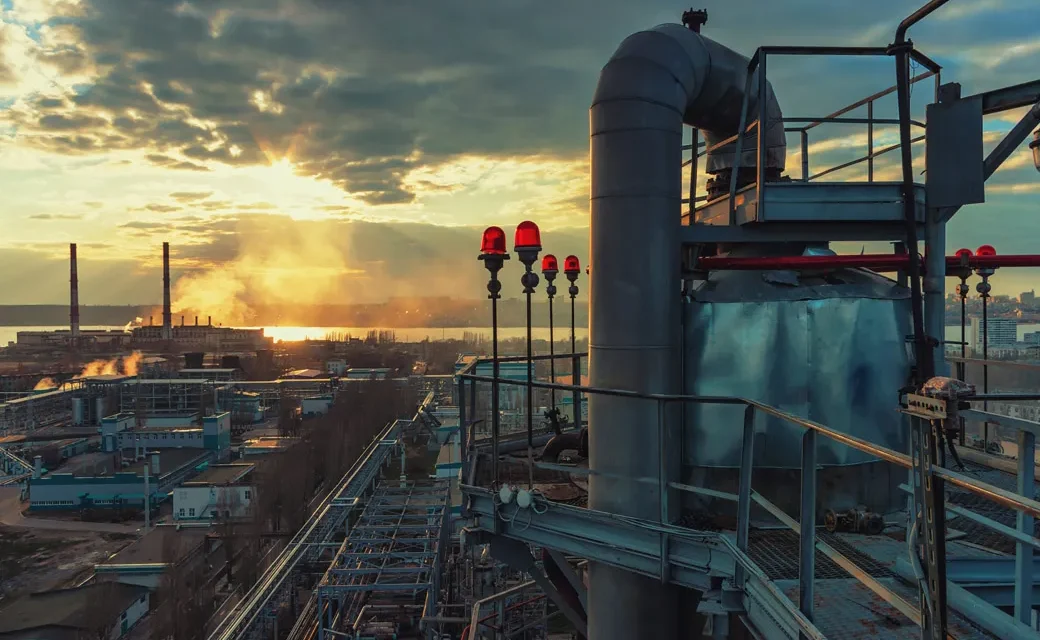As global demand for fossil fuels begins to plateau due to the rise of renewable energy and electric vehicles, oil companies are increasingly turning to plastics and petrochemicals as a key driver of growth. This strategic pivot highlights the industry’s shift toward manufacturing the building blocks of plastics, which are projected to dominate future demand for oil-derived products.
Plastics are integral to modern life, with applications spanning packaging, automotive components, medical devices, electronics, and construction materials. The production of plastics relies heavily on petrochemicals like ethylene, propylene, and benzene, which are derived from oil and natural gas. According to the International Energy Agency (IEA), petrochemicals, including plastics, will account for over a third of the growth in global oil demand by 2030 and nearly half by 2050.
This growing reliance on plastics has led to significant investments by oil giants in petrochemical facilities worldwide. Countries in Asia, particularly China and India, are emerging as hotspots for these developments, driven by rapid urbanization and industrial growth. Simultaneously, the Middle East and the United States are scaling up production capacities, leveraging abundant feedstock supplies and cost advantages.
However, this growth trajectory raises environmental concerns. Plastics are a major contributor to pollution, with millions of tons entering oceans each year, and their production and disposal emit significant greenhouse gases. In response to these challenges, the industry faces mounting pressure from governments, environmental groups, and consumers to adopt more sustainable practices. Initiatives such as bio-based plastics, advanced recycling technologies, and carbon capture systems are gaining traction, but their implementation remains limited compared to the scale of production.
The emphasis on plastics as a growth driver underscores the complex balance oil companies must navigate—capitalizing on rising demand while addressing the environmental and societal impacts of plastic production and waste. As the world moves toward a circular economy, the industry’s ability to innovate and align with sustainability goals will play a crucial role in shaping its long-term relevance and public perception.










